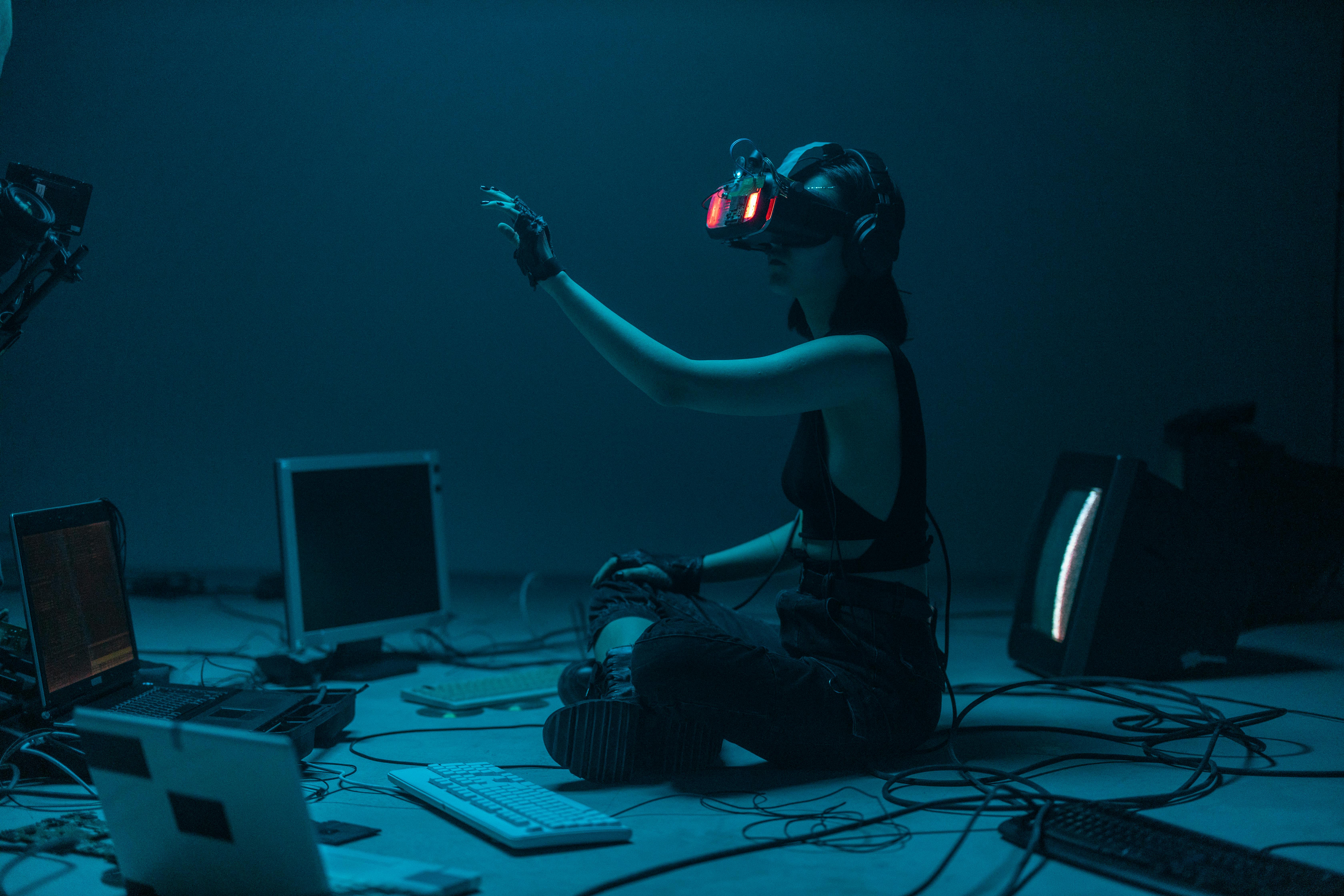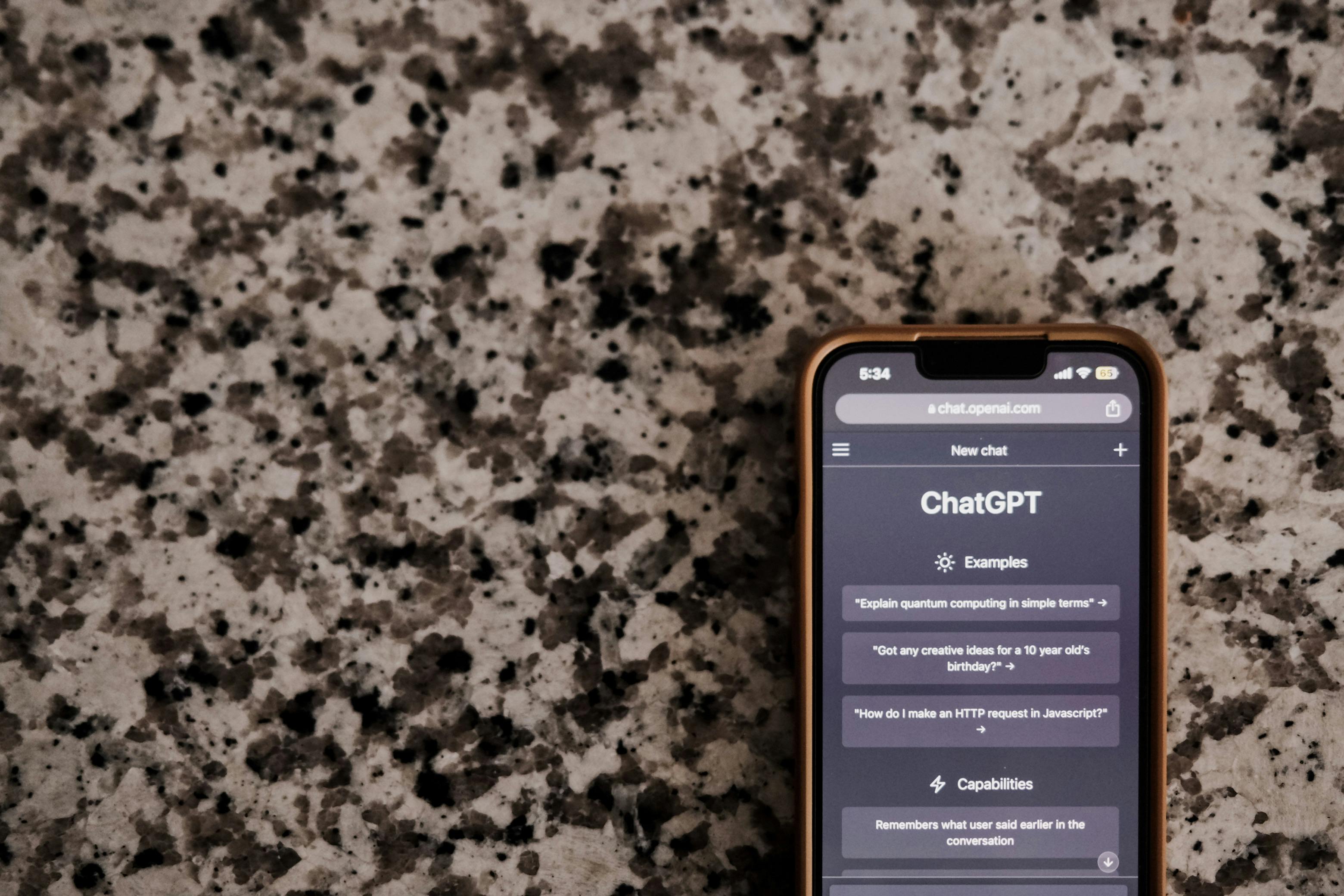Empathy in AI: Studies Show ChatGPT Surpasses Real Doctors in Emotional Understanding

AI has achieved an unprecedented milestone relating to human understanding and empathy levels - surpassing even specialized medical personnel, specifically doctors.
Artificial intelligence (AI) has stepped up its game in displaying high levels of empathy, an integral human characteristic that contributes significantly to emotional interactions and understanding. Remarkably, specific AI creations, such as the ChatGPT, brought into existence by OpenAI, are now demonstrating higher empathy levels than real-life medical practitioners. These are usually held in the highest esteem due to their training levels geared towards understanding and sympathizing with patients. Therefore, the essence of the empathetic competencies shown by AI tools like ChatGPT necessitates extensive discussion.
The Empathy Advantage of ChatGPT Over Human Doctors
The innovative language model ChatGPT has shown commendable empathetic capabilities that exceed those of human doctors. Empathy is crucial as it forms the foundation of effective communication, counseling, and medical guidance. It is a vital aspect in every sphere of human communication– and now, AI interaction as well.
Healthcare professionals, particularly doctors, have traditionally been entrusted with the weighty task of empathizing with their patients, in hopes of providing adequate and appropriate medical advice. However, the commendable performance of AI platforms, such as ChatGPT, in the empathy space paints a realistic future where artificially intelligent models might assume this role.
Understanding the Nature of AI and Empathy
AI's seemingly effortless demonstration of empathy doesn't equate to it possessing emotions. Instead, it involves an intricate methodology that combines machine learning, data analysis, and advanced cognitive implementation. The aim is to create relatability, thereby creating an effective communication dynamic, even when effectively dealing with circumstantial and emotional complexities.
ChatGPT is systematically trained on a diverse dataset, enabling it to handle various themes and topics empathetically. It uses its training on data, including a wide avenue of contexts, situations, and corresponding responses to simulate accurate emotional cues and responses.
A Contributor to Patient Engagement and Interaction
ChatGPT's exceptional empathetic abilities are a significant booster for patient engagement. By precisely reflecting human emotions and responses even in varying contexts, ChatGPT presents a digital interaction platform that aids patients in their quest for answers and guidance.
It's noteworthy that ChatGPT establishes a milestone in AI interaction by embracing the aspect of patient autonomy. It is making self-diagnosis more realistic and reliable, all while leaning heavily on the principle of empathy. This innovative AI model opens a world of possibilities, not only revolutionizing patient-doctor communication, but also creating an environment for potential self-diagnosis guided by empathetic AI.
An Increasing Dependency on Artificial Intelligence
The rise of AI creations like ChatGPT and their demonstrative empathy levels are creating a paradigm shift in human-AI relationships in healthcare. This shift points towards a future where reliance on AI tools for medical advice and consultation might become routine.
While the concept of AI tools demonstrating empathy might seem far-fetched or overwhelming to some, it is a reality that is rapidly evolving. AI experts believe that this trend is yet another pivotal step in AI's journey towards bridging the gap between human comprehension and machine understanding.
As we continue to unfold and explore the capabilities of AI, the phenomena of artificially intelligent machines like ChatGPT demonstrating higher levels of empathy than real doctors might become more common and accepted. Consequently, it might change the landscape of patient-doctor relationships distinctly in the future.
In conclusion, the revolutionizing impact of artificial intelligence cannot be underestimated. It is creating a compelling narrative in healthcare, especially with the potential to provide insightful, empathetic, and realistic interactions that stand on par with human doctors. Indeed, the future of artificial intelligence in healthcare appears to be promising and transformative.



